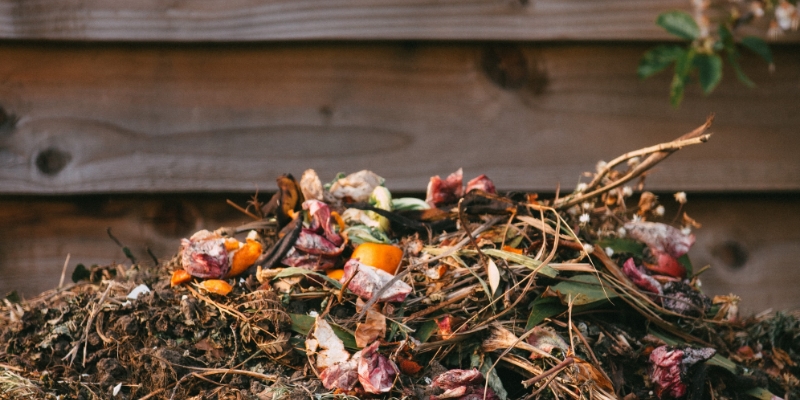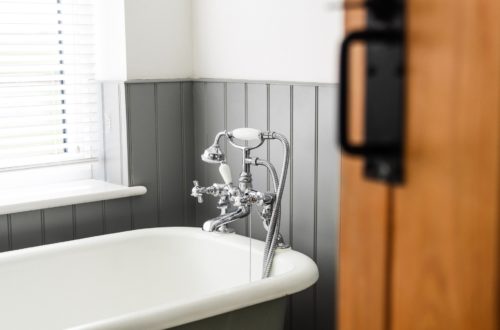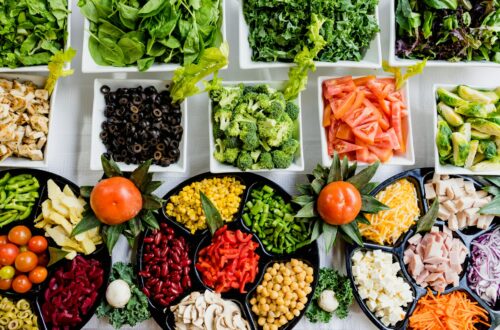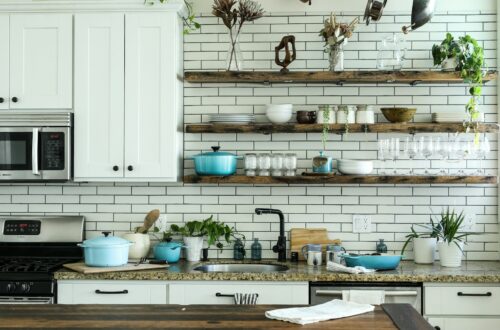
How to start composting in 4 easy steps
Food waste is one of the biggest contributors to climate change in the UK. In fact, the UK throws away around 9.5 million tonnes of food waste in a single year, according to Business Waste.
When we throw food waste in the bin, it ends up in landfill and emits methane, a greenhouse gas which is detrimental to the environment.
Some areas offer a food waste recycling service, but not everywhere. This means that millions of tonnes of food is going to waste and are harming the environment.
Composting is a great way of reducing food waste and it’s really easy to get started!
Here are 4 steps to help you create a successful compost heap!
Scope out a location and container
You don’t necessarily need a container to get started with your compost pile. It’s a little easier however to harvest your compost if you have a container, but it’s not essential.
First choose a shaded spot in your garden, or a lightly shaded area. This will help make sure your compost doesn’t become too moist or hot in the summer. A successful compost pile will need to be consistent all year round, so a spot that doesn’t receive much light is essential.
You also need to ensure your compost has an earth base. This will allow drainage and help organisms in the soil work their magic in the compost pile.
If you don’t have an earth area in the shade, you can add some soil and compost to the bottom of your container to get started.
If you’re using a compost bin, most bins that are on the market will work just fine. A larger one is ideal, but you just need to make sure they retain some warmth and moisture.
The perfect compost ratio
To make a great compost, you need a balance of green and brown materials. Green materials are items like grass cuttings, weeds, vegetable kitchen waste or manure.
You’ll want between 25 – 50 percent of green materials in your compost. This is where adding food waste from your kitchen will not only help the environment, but it will help make a great compost that you can use all over the garden.
Fruit and veg scraps are great for your compost, but you can also add items like coffee grounds, fruit pits, bread, cereal, rice and pasta. You can also add scraps from your plate, as long as they don’t contain meat, bones, dairy or greasy foods.
You can also include tea bags, however make sure to check the packaging that they are plastic free. Lots of tea bags include plastic mesh to keep them together. Country Living has a great article on which brands of tea bags are plastic free.
The rest of your compost should be made with brown materials. These are items like wood chipping, paper, cardboard, straw or dead leaves.
The RHS has a great page of further reading and provides a more detailed view on composting at home.
Turn the heap
To help make your compost successful, you’ll need to turn your heap. This allows air into your compost and avoids it becoming too soggy and compacted.
You’ll need to turn the heap every month or so, but check the compost regularly. If it’s looking a little too wet, compacted or smells, simply get a shovel and toss the compost around to break it up and air it out.
In especially dry weather, turn the heap more often to assess the moisture levels and add some water if it’s looking a little dry. You want your compost heap to look moist and warm for best results.
Assessing if your compost is ready
It can take a long time for your compost to become ready to be used. Between 6 months to 2 years is typically how long it can take. But don’t worry, starting to compost is a great step in helping to become more eco-friendly and maybe even a better gardener.
If your compost is ready, it will be dark brown and crumbly. It will smell and resemble soil and have a damp woodland smell.
You may find that not all of your compost looks ready. If that’s the case, don’t worry! Add this to your next batch of compost to help give the next batch a great start.
Composting is really easy once you get started and it’s a great way of using up old food and garden waste, especially if you have to pay an additional cost to dispose of your garden waste.
Happy composting!





